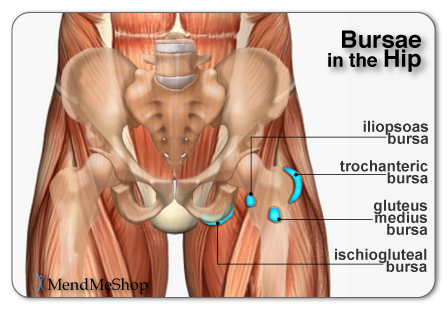Docs,
History: 43y/o Male 6’10”, 400lbs. (yes I am a big boy). BP 130ish/70ish, Last fasting glucose 94, total cholesterol around 180. On 120 mg Cymbalta and 6mg klonopin for panic disorder/agoraphobia/depression. 50mg? Aciphex for GERD and 7.5 mg warfarin for 2 Episodes of DVT’s & PE’s. First episode of PE showed no outward signs of DVT ( I was told a concussion I suffered a few days before the onset of the first episode was unlikely related). Took my Doc three weeks to finally believe me when I told him it felt like blood clots in my lungs. Second episode showed significant swelling in the leg to the degree that it was almost unbendable at the knee. Initial blockage was complete from the ankle to the groin. Last sonogram indicated complete blockage remains except for a small area somewhere in the middle of my leg. Told that DVT was likely caused by low cystine? (not sure of the spelling or the correct name) levels rather than the obesity or the typical Factor V or Leiden. At about 16 months after the last DVT the swelling has resolved to a baseline of about 110% - 120% of my unaffected leg. However I do have occasional periods where the swelling is increased. The swelling is intermittent and I have not determined a contributing cause. It just starts to happen. I am not wearing a compression stocking.
DOC2 here:
Yes, you are a big fellow, and at an age greater than 40 you certainly can have some joint problems without the added "benefit" of a DVT or the resulting swelling.
Let's run through the list of contributing problems:
1. Old injury
2. DVT
3. Lower extremity swelling due to the DVT
4. Obesity
You have a confluence of baddies that can impact that hip.
My best answer is that it's not necessarily a hip joint issue (although it certainly COULD be early arthritis of the joint). If you can point to a specific spot almost at the midline on the side of the hip, I would say that you most likely have a bursitis. A bursa is a thickened, fluid-filled sack that lies under tendons to allow for an easier slide of the tendon to reduce friction. When having to take on more stress these sacks can become inflamed, and the more you use the hip the worse it hurts regardless if you are weight-bearing or not. You intermittently take on more weight with the edema (swelling) of the leg than you are used to. (However, you could also argue that you already have more leg than your joint can or should withstand.) This increased stress can cause the bursa to become inflamed. Secondarily, the fluid from the swelling can enhance the inflammation. I found this picture on www.aidmybursa.com that does a great job of showing you the location of the hip bursae. (By the way, I don't endorse anything on that site. I just wanted to show you the picture.)

So, what can you do about it? Resting the leg is important. Ice therapy can help sometimes. Your size is a problem, and you certainly need to lost weight. That's a fix in terms of chronic treatment of course and not an acute treatment, but it will matter a LOT for you now and down the road.
You could use an over-the-counter anti-inflammatory medication such as naproxen or ibuprofen, but I shouldn't have to remind you that using these medications can be problematic for someone on Coumadin (warfarin) for a couple of reasons. First, you could alter the balance of warfarin in your body. Second, these medications can cause esophagitis or gastritis which could cause upper gastrointestinal bleeding in someone who is especially on coumadin. The Aciphex could protect you somewhat, but I wouldn't make a medication move without the recommendation of YOUR doctor.
I hope that this is helpful. If you have any further questions, shoot them back to me. Good luck to you. -DOC2
2 comments:
I posted an answer to your question in the body of your post. Hope it helps. DOC2
Very nicely done Doc2. Proud to know.
Post a Comment